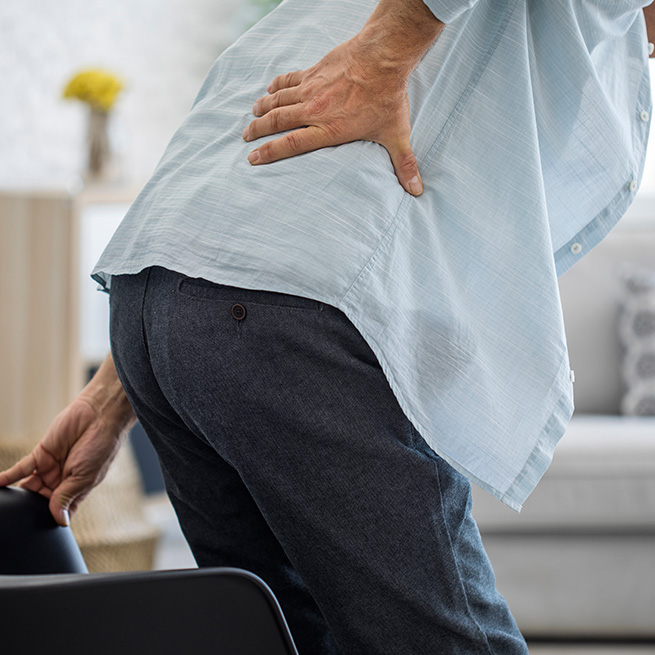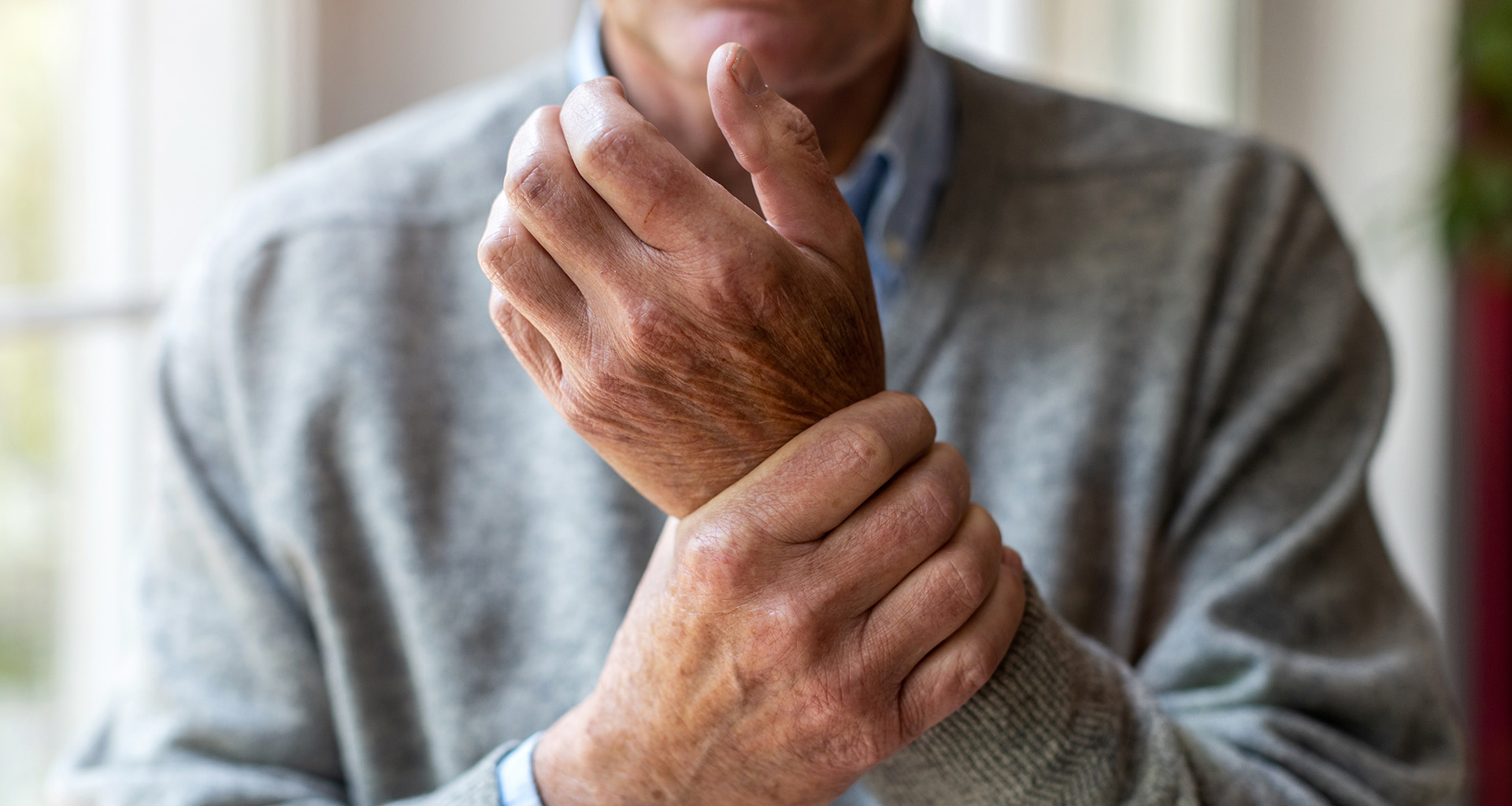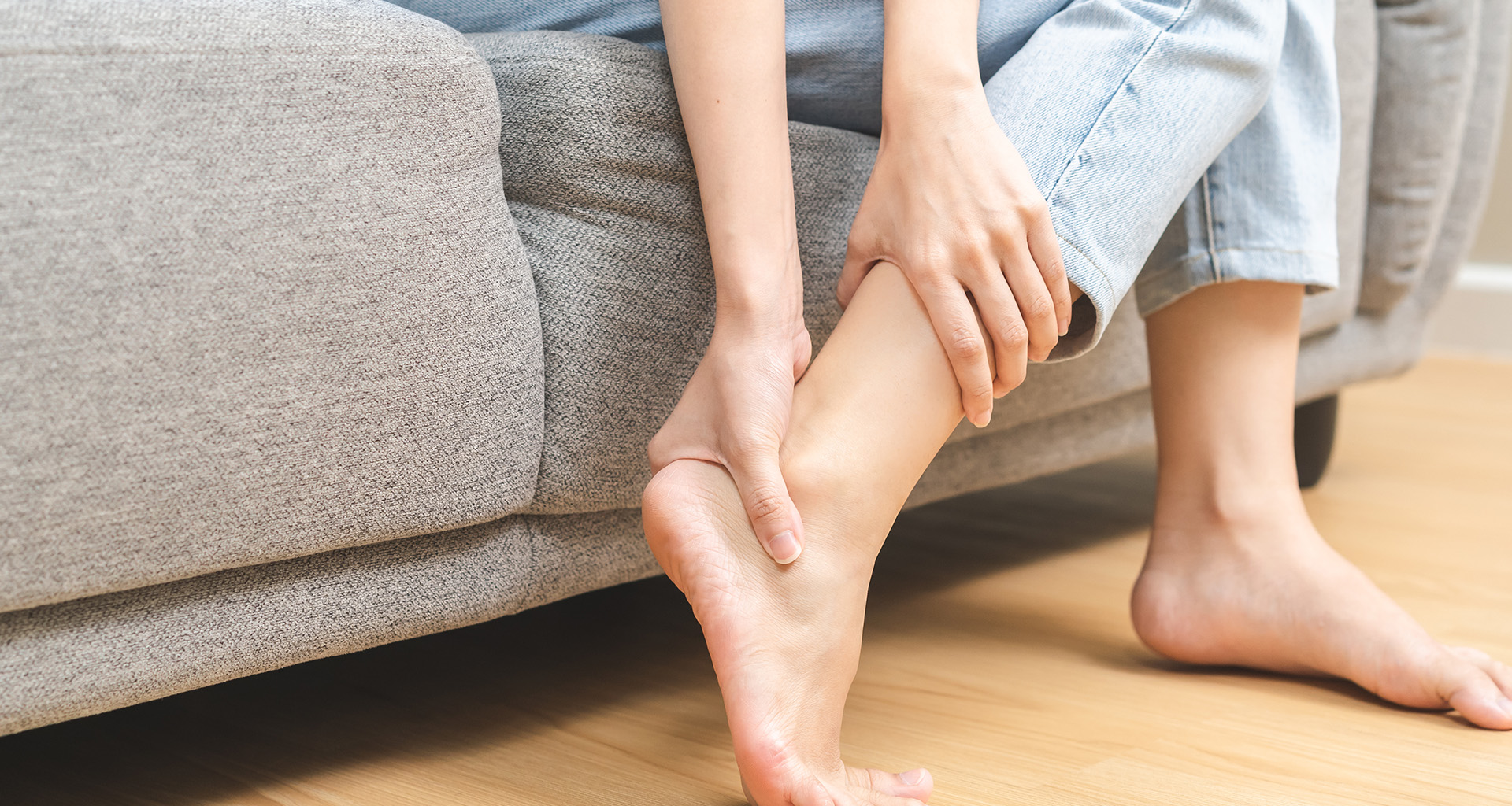Physiotherapy for
Back & Neck Pain
Back & Neck Pain
Overview
Back and neck pain are the most common complaints suffered by a large majority of our community. Over 80% of all of us will experience back or neck pain. Muscle injury is the most common cause of acute back and neck pain. This is caused by the muscle fibres stretching too far and tearing. This can be caused by overuse or repetitive motions which put continual stress on the back or neck muscles.
Pain in your neck or back can restrict mobility and interfere with normal functioning and quality of life. Common back and neck conditions that include muscle strains, sciatica, scoliosis, pinched nerves, disc bulges, facet joint sprains, spondylolisthesis, joint degeneration, arthritis, stenosis, wry neck and cervicogenic headaches. The human spine is composed of four sections of vertebrae. The cervical (neck), thoracic (upper and middle back), lumbar (lower back) and sacrum (tailbone).

Neck pain symptoms can include muscle tightness, spasms, headaches, shoulder pain, numbness, tingling or sharp shooting pain. Neck pain symptoms can include muscle tightness, spasms, headaches, shoulder pain, numbness, tingling or sharp shooting pain.
Symptoms of back pain can range from mild, dull, burning, sharp pain, numbness or stiffness. If you have leg symptoms associated with your lower back pain this is often referred to as sciatica. This is caused by pain radiating along the sciatic nerve which runs down either one or both legs from the lower back, typically only affecting one side of the body. Other complications of back and neck pain may include a loss of productivity, poor sleep quality, depression, anxiety and stress.
Neck and back pain can have many different causes including; trauma, fracture, overuse, repetitive lifting, muscle tension or spasm, poor muscle tone, sprains, strains and degeneration of vertebrae. Other common causes include poor posture, sleeping in an awkward position and prolonged use of a computer. It is very commonly experienced by office workers who have sustained hunched forward postures for extended periods of time.
Whilst it may be helpful to rest your neck and back at first, don’t rest them for too long. The longer you don’t move, the stiffer the muscles will get, taking longer for the pain to go away. Try to modify any factors that are aggravating your symptoms then try to remain active and move within your limit of your symptoms, standing and walking on a regular basis throughout the day.
The first step during your initial consultation with our Physiotherapist’s will be to rule out anything serious. Our Physiotherapist’s will provide a comprehensive assessment of your injury. Treatment can consist of hands on therapy (massage and mobilisation), dry needling, activity/postural modifications and pain management techniques.
Specific strengthening and stretching exercises may be prescribed to improve range of motion, increase muscle strength, improve mobility and flexibility and increase endurance. Our goal is to assist you to manage your pain and returning you to your highest level of functioning as possible.
Book An Appointment
Organise an appointment with our highly
experienced and qualified physiotherapists.









